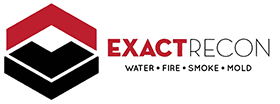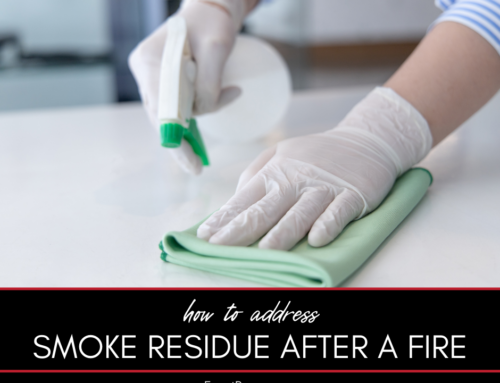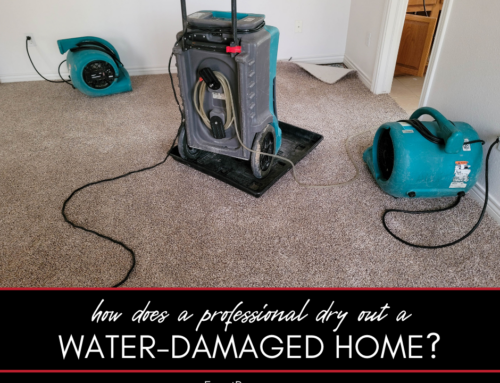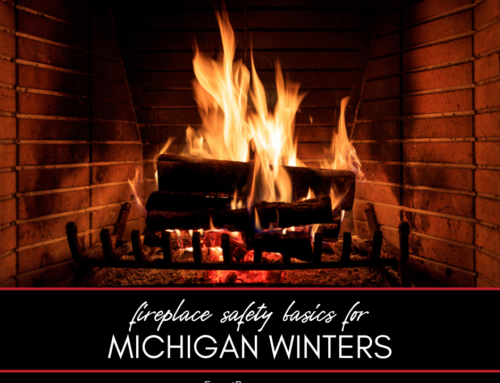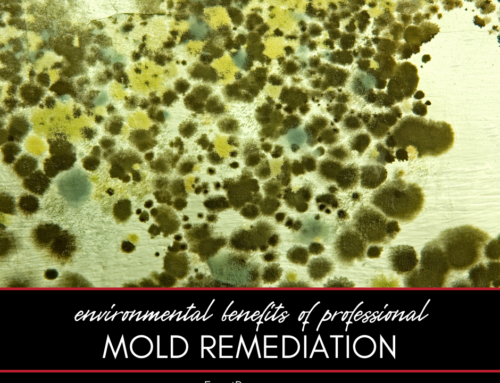
Sewer line backups across the nation are increasing at a rate of 3 percent every year, according to the Insurance Information Institute—an online source to help insurance companies manage risk. This is likely due to the country’s aging sewage system and the rising number of homes connecting to it.
You should be aware of the things you can do to help prevent a backup in the sewer line to your home. It also helps to be cognizant of factors that are beyond your control.
Factors You Can Control
Pouring grease, oil, and fats down the drain.
Contrary to popular belief, pouring grease down the kitchen sink while running hot water is not the proper way to dispose of grease, fats, and oils. As grease cools it becomes a solid inside your drain, your sewer connection, and within the main sewer and causes your line to eventually clog. You should pour cooking oil into a heat-resistant container and throw it away after it cools.
Flushing things other than toilet paper and waste.
Toilet paper and waste are the only things that should go down your toilet drain. Avoid flushing things like paper towels, wet wipes, and feminine products. Although some of these items may claim to be flushable, they don’t deteriorate quickly and can clog your sewer connection, as well as the main sewer.
Tree roots on your property.
The roots of trees and shrubs seek moisture and find their way into cracks in sewer lines and into the joints of service pipes. As they grow they can damage or block these lines. The cost of clean-up and repair is the responsibility of the tree’s owner. (If the issue is caused by both city and private trees, costs are sometimes split between the city and property owner).
If you have a recurring problem with your tree roots penetrating your sewer connection to the main sewer you should have a professional periodically trim the roots.
Factors You Cannot Control
Aging sewer systems.
According to the American Society of Civil Engineers, the more than 500,000 miles of sewer line infrastructure that runs across the country is an average of over 30 years old. The rising number of homes connecting to this network has led to increases in sanitary sewer backups, flooded basements, and overflows.
Sanitary main blockages.
Blockages occur in city sanitary mains, and if they’re not detected in time, sewage can backup into homes and businesses through floor drains. This type of problem typically develops over time, and there are early signs of an issue.
Combined pipelines.
Systems that combine storm water and raw sewage into the same pipeline may incur problems. During rain storms the systems may be exposed to more volume than they’re able to handle, causing a sewage backup that can spew into basements and other low lying drains.
Do You Need a Disaster Remediation Expert in Washtenaw County or Jackson County?
If your home has already been damaged, we can help. Check out our services and call Exact Recon for your free disaster remediation quote today. We offer:
- Water damage restoration
- Mold removal and remediation
- Fire and smoke restoration
- Sewer cleanup and disinfecting
- Reconstruction
- Wind and storm damage repair
